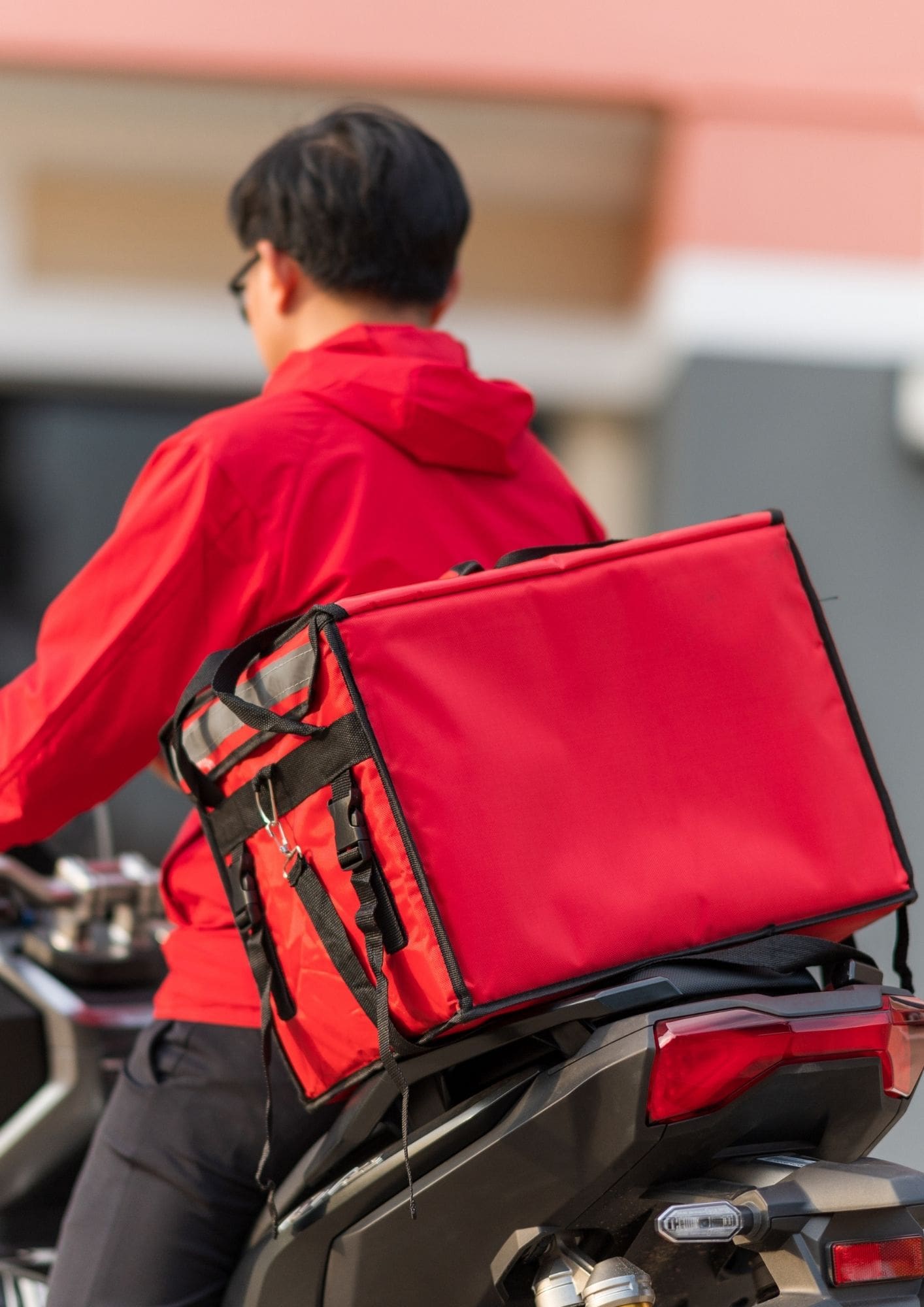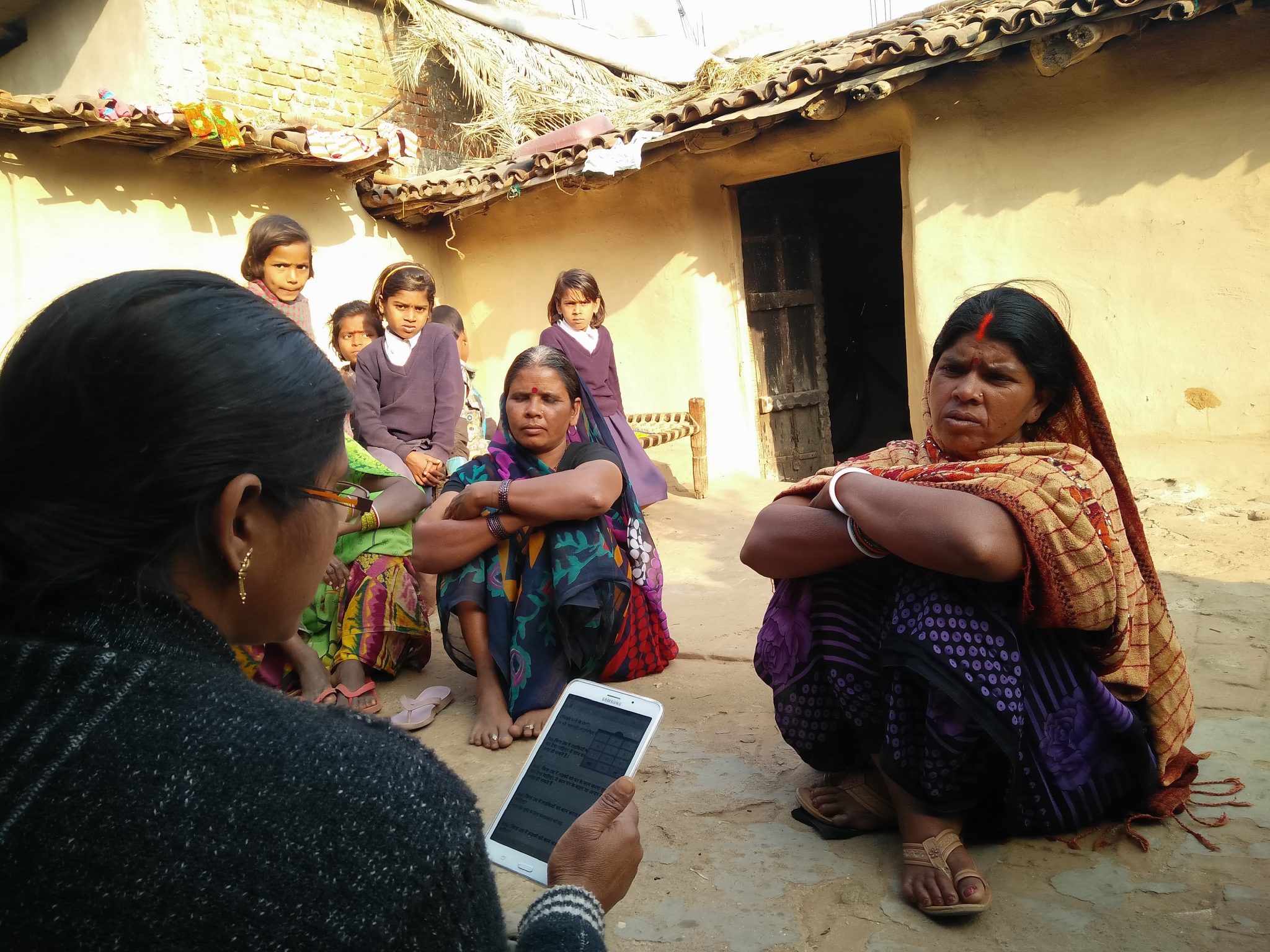Blog Details
The Covid-19 pandemic had a devastating impact on the economy, with people losing jobs and being stripped off their livelihoods. The workers have borne the brunt of the crisis, particularly those who are self-employed or working in the platform economy. The gig and platform workers face two major risks:
i) These workers are the key to ensuring the continuation of essential services and, while their activity had increased during that period, they found themselves at substantial risk of exposure to the virus.
ii) Workers face income losses due to lower demand or inability to work due to illness, quarantine or caring duties.
Health and Safety
Gig and platform workers suffered severe problems during the pandemic. Most of the workers risked exposure to the virus while working. Due to the poor work conditions, some of them fell ill, were quarantined, or were subjected to lockdowns. According to a survey by AppJobs, an online platform to compare app-based jobs around the world, several gig workers have had to quit their jobs due to safety concerns.
To cater to the concerns of the consumers as well as to create a safer work environment, the platform companies took measures to promote social distancing and/or the safe provision of services, such as giving guidance on how to stay safe while working, encouraging contactless delivery, ensuring a safe working environment and refining their service offer.
According to a report published by the Fairwork Project, one of the most common platform policies has been to introduce “contact-free services'' (60% of surveyed platforms have implemented some version of this). Some platforms have also rolled out cash-free services to limit physical exchange between platform workers and customers. However, these “contact-free services'' are mostly only contact-free for customers rather than workers. Delivery workers on many platforms cannot avoid coming into proximity with the restaurant workers from whom they pick up orders, nor can they refuse service to customers who still prefer to pay by cash. 25% of platforms reported providing PPE (personal protective equipment) or hygiene products to workers, according to an OECD publication. In that also, some workers were dissatisfied with the quality of the items provided.
To improve the condition of these workers, the proper provision of PPE material can be made compulsory, along with implementing guidelines to ensure social distancing.
Income and Livelihood Loss
Although there exists no dependable or single source of government data on platform labour, NITI Aayog estimates that ride-hailing platforms alone have helped generate around 2 million jobs. Overall, estimates suggest that platforms employ around 15 million individuals. The COVID-19 pandemic and the subsequent lockdowns and economic slowdown, however, have struck a blow to not only platform workers’ incomes but also livelihoods.
According to a report by Flourish Ventures - a fintech venture capital fund - almost 90% of the platform workers in the country have lost income during the pandemic. Before the pandemic, most workers used to earn approximately Rs. 25,000 per month. 90% of workers' incomes, however, dropped to Rs. 15,000 per month. Furthermore, more than a third of them have been earning merely Rs. 5000 a month. Ride-sharing services’ drivers in particular had it worse than the rest. The report indicates that whereas 72% of house cleaners lost their incomes during the pandemic, the percentage for ride-hailing service drivers stands at 90%.
That a major chunk of platform workers in India come from lower socio-economic sections of society has been the primary reason for said loss of income and livelihoods. While some of them fled from cities to their villages in search of alternative forms of work, several could not afford to do so - travelling thousands of kilometres in their own bikes or by walk is a rather implausible feat. They thus stayed back in cities, struggling to find ways to make ends meet.
Yet, companies are hardly held accountable. Platform delivery workers and drivers are described as ‘platform partners’ and not employees to underscore that their association takes place on a day-to-day basis. Deeming platform workers as entrepreneurs thus shifts the burden of labour costs and risks onto the workers themselves. Thus, especially during the pandemic, platform aggregators failed to provide socio-economic assistance to the workers for it falls out of the ambit of the former’s responsibilities.
The platform and gig workers are integral to the functioning of our economies. They have had to put their lives on the line due to the unsafe work conditions that have prevailed in the country during the pandemic. Companies have done little to safeguard the interests of these workers. The pandemic has been horrific and these workers have faced the brunt of it.








David Angel Makel
IT ConsultantIt is a long established fact that a reader will be distracted by the readable content page looking at its layout point of using normal